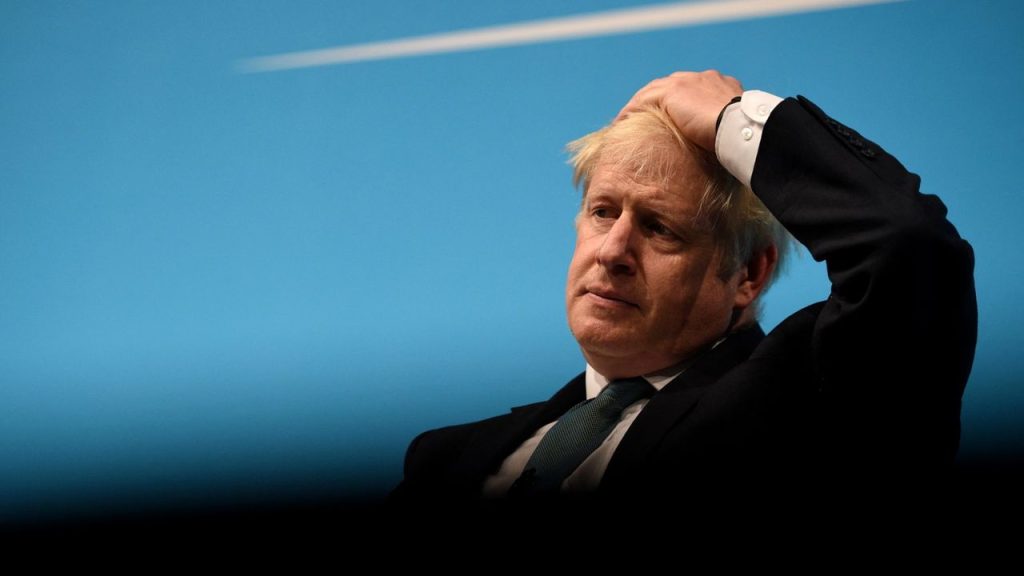Nigel Farage has announced Reform UK’s tough new proposals for dealing with the “Boriswave” of migrants which, he claims, could end up costing the British taxpayer hundreds of billions of pounds in benefit payments.
The liberal immigration policy overseen by Boris Johnson after the UK left the EU was, said Farage, “the biggest betrayal of democratic wishes in anyone’s living memory”. He’s not alone in his criticism. Keir Starmer has also called it an “experiment in open borders, conducted on a country that voted for control”.
What is the ‘Boriswave’?
The term refers to the sharp increase in migration to the UK after January 2021, when new post-Brexit points-based visa rules came into force.
The then home secretary Priti Patel vowed the new system would slash immigration numbers and cherry-pick only “the best and the brightest” but, by 2022, net migration had surged from 239,000 to 745,000. In 2023, it was 906,000: four times more than it had been before Brexit. The numbers did drop to 431,000 in 2024, according to Office for National Statistics data, but they are still higher than they were in the 2010s.
What happened?
There are differing views within the Conservative party of what went wrong, said The Telegraph. Some say the system Johnson designed was “flawed”; some say the “myopic and incompetent Home Office let Johnson down”, and others say “Johnson was mostly mugged by circumstance”. But the “most damaging accusation” is that Johnson and his top team “knew what they were doing and what the consequences would be” but “consciously opted to ramp up net migration for economic reasons”.
Speaking on The Sun’s podcast last year, Johnson said he was forced to keep the migration policy loose to ensure there were enough workers to “stack the shelves and fill the petrol stations with petrol”. Everyone was “freaking out” and “saying we need more pairs of hands to get things done”, said the former PM. Under pressure to fill labour shortages, especially in lower-paid sectors such as care, his government lowered the qualification and salary thresholds needed to get visa points – and the number of visas issued to lower-skilled workers ballooned.
A recent report from Parliament’s Public Accounts Committee found the “insufficient” intra-governmental collaboration on “workforce strategies” meant the Home Office lacked a “full understanding of the potential consequences” of its immigration policy changes. To put it more bluntly, said Michael Simmons in The Spectator, the Home Office “didn’t think about how a flood of new working-age migrants (and their dependants) might affect salaries, services or housing”.
And now, with millions of Boriswave migrants close to having spent five years in Britain and therefore able to apply for indefinite leave to remain (and the means-tested benefits that come with it), there is concern that they will end up taking more from the British state that they contribute.
What is Reform proposing?
Farage has promised to abolish indefinite leave to remain status, which, once granted, allows migrants the permanent right to live, work and study in the UK, and access the health and benefits system. It would be replaced with a renewable five-year visa for those who meet certain criteria, and those who currently have settled status would be forced to re-apply.
His plans would “save British taxpayers at least £234 billion over the lifetime of these migrants”, said Farage, citing a report by the Centre for Policy Studies think tank. The Centre for Policy Studies has since said, however, that the fiscal data contained within its report was the “subject of dispute”.
Labour, which is already consulting on plans to increase the waiting criteria to apply for indefinite leave to remain, has said Farage’s forecasted savings “have no basis in reality”.
The problem of the post-Brexit immigration surge – and Reform’s radical solution
